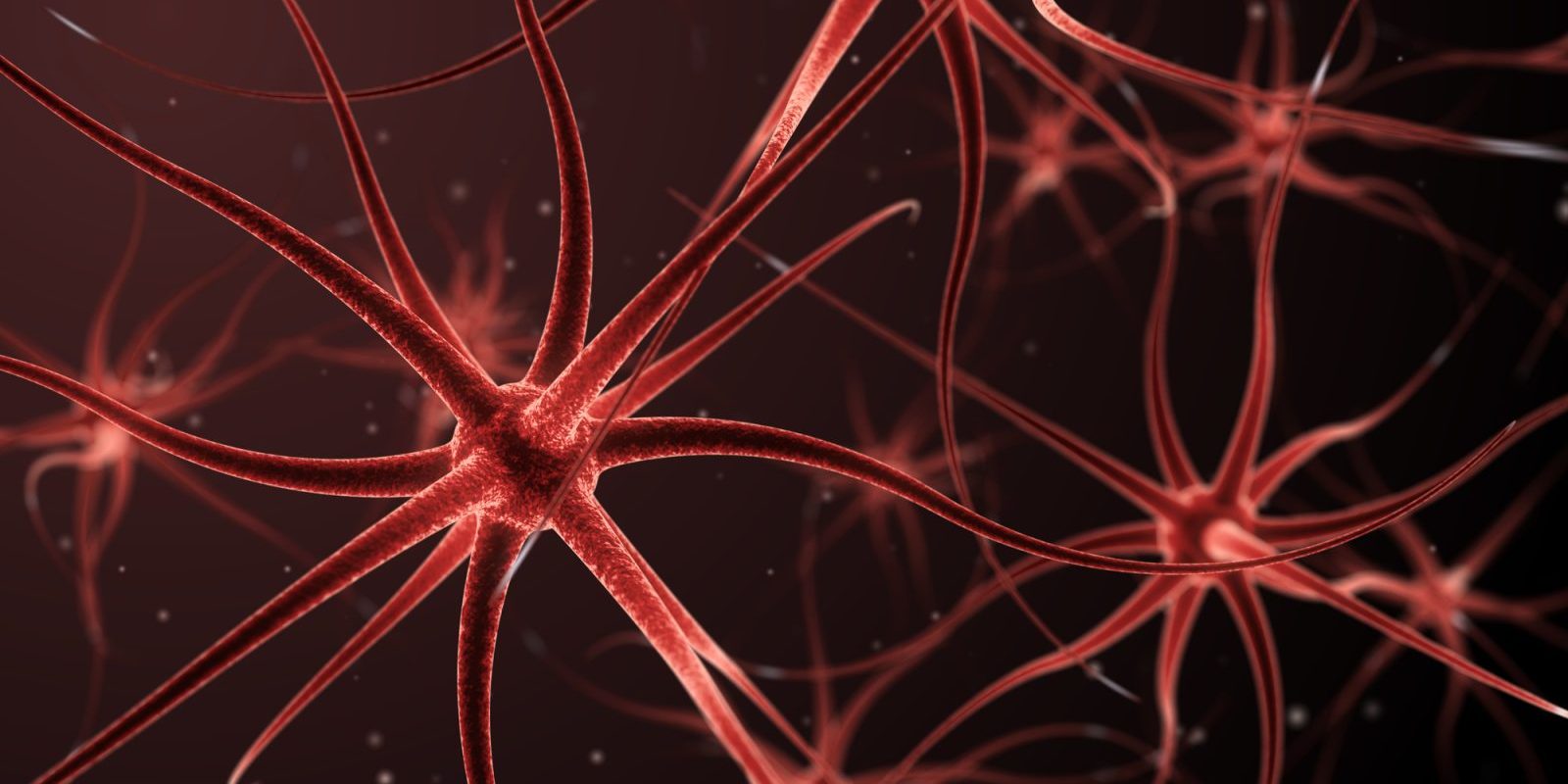What if you could see how your brain is working and identify ways to change it? If you’re starting out on your recovery journey and trying to find all the best tools to make this change fit, you can’t afford to miss neurofeedback. It gives you a gentle look inside your skull and objective information.
What is neurofeedback? It’s a therapy that uses electroencephalogram (EEG) measurements to help you learn about how your brain works. Sensors are placed on your skin to measure brainwaves and are completely pain-free.
Keep reading to learn more.
What Is Neurofeedback?
Neurofeedback therapy gives you objective information about your brain. You know whether or not your attempts at relaxation, meditation, and self-control are actually working. The most frustrating part of early days in therapy is often saying, “Does this even work?” With neurofeedback, you’ll know that it does.
Using EEG sensors gently attached to your skin, your practitioner can measure your brainwaves. With training to read these mathematical read-outs, they show you the graph. They explain which times of patterns you want to see and which you’re better off without.
Neurofeedback in Practice
As you work with your practitioner to respond to the measurements, you’ll sometimes get hooked up to a game or movie.
In the game, the more positive brain waves (for instance, those that have to do with being relaxed versus anxious) will allow you to advance to the next step. If you start to get anxious, your moves in the game will falter until you can restore calm again.
Similarly, when using a movie you will be able to watch the movie as long as you are calm and relaxed. As soon as your brainwaves vary, the movie may pause.
Computer-based sounds, images, and progress through games and movies all act as rewards for the brain’s positive patterns as they are measured by the sensors. These exercises help you train your brain into healthier patterns.
Neurofeedback for Addiction Recovery
How does neurofeedback help in addiction recovery? As science advances, we understand addiction to be a disease based in the brain that affects behavior.
Neurofeedback gives you a real-time look at your brain and lets you respond to it. As you train your brain into better patterns, you also learn how to access more positive behaviors.
Later in recovery, even when you’re not measuring your brainwaves, you may be able to recognize the feelings associated with negative mental patterns and switch yourself to the practices you developed to bring about more positive thought patterns.
Like working out a muscle, the more you perform these actions, the more natural they become.
Use These Treatments for Addiction
Now that you know the answer to “What is neurofeedback?” are you ready to give it a try at The Process Recovery Center?
Pursuing alternative addiction treatments as early as possible can help build your treatment toolbox. Recovering from addiction is possible with the right commitment and support.
Reach out today to learn more about neurofeedback and other treatments for addiction offered by The Process Recovery Center.







